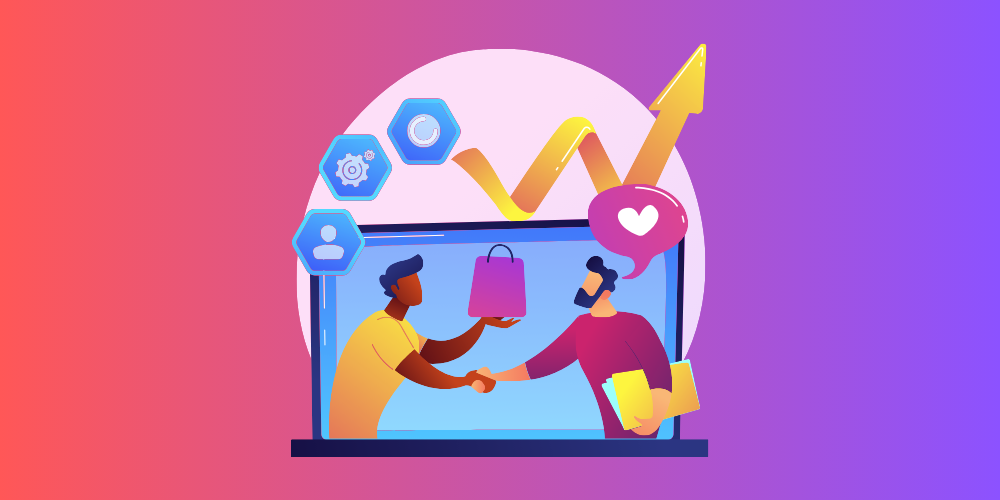D2C stands for Direct-to-Consumer, a business model where products or services are sold directly to consumers without intermediaries or middlemen like wholesalers, retailers, or other third-party sellers.
This model allows companies to have more control over the entire customer experience, from production to delivery, and often involves selling products online through e-commerce platforms or through company-owned retail outlets.
Example of D2C
Suppose you run a sunglasses company selling your products directly to consumers through your website and retail stores.
You manage and control the entire end to end process from manufacturing, packaging, shipping and so on. This allows you to maintain high quality standards at every point in the customer journey.
Key Takeaway
Having a direct relationship with customers also you to gather valuable feedback and data to continuously improve your products and services.
However, to scale your business you may need to launch your product on marketplaces like Amazon, Ebay, Etsy etc and eventually outsource your fulfillment to third party logistics companies.
As a result you may loose some of the benefits of a true D2C model e.g. end to end control, however benefit in other areas such as, reaching a bigger audience and improving efficiencies. Allowing you to spend more time on the business rather than in the business.

